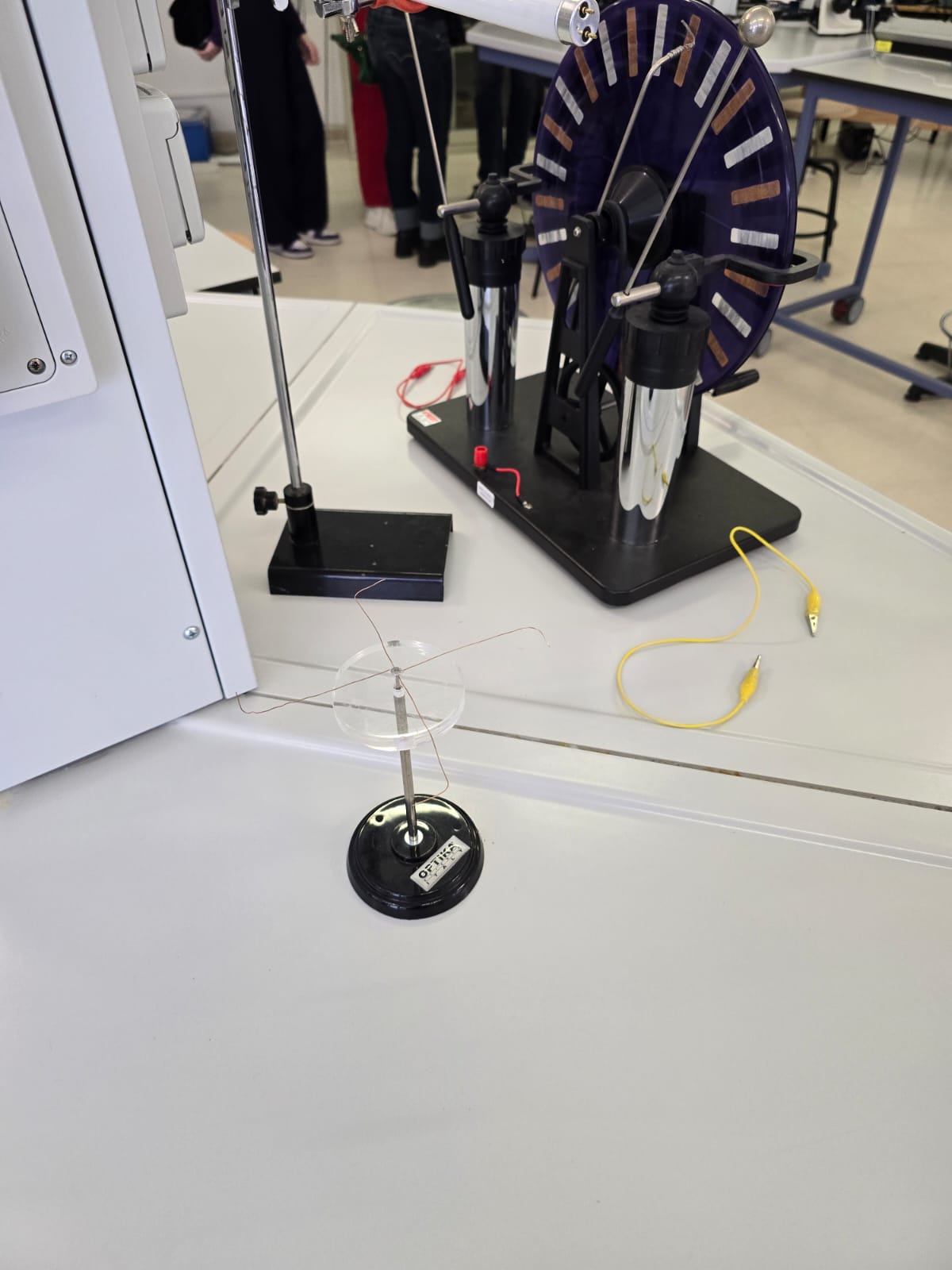Scientific Research in Italy

Italy has a long tradition of scientific innovation, with contributions spanning from Galileo Galilei’s discoveries in astronomy to Enrico Fermi’s breakthroughs in nuclear physics. Today, the country continues to be a leader in multiple fields, including space exploration, medicine, and artificial intelligence.
During our Erasmus+ mobility at Istituto Omnicomprensivo Orte, we had the opportunity to learn about Italy’s modern research landscape. We visited laboratories and spoke with local students and teachers, who shared insights into their involvement in scientific projects.
One of the most impressive aspects of Italian research is its emphasis on collaboration. Universities, government institutions, and private companies work together to drive technological advancements. For example, the Italian Institute of Technology (IIT) in Genoa is at the forefront of robotics and AI, developing humanoid robots like iCub. In the biomedical field, Italian researchers are making significant progress in regenerative medicine and cancer treatment, with institutions like San Raffaele Hospital in Milan leading the way.
Another key takeaway from our discussions was Italy’s focus on sustainable innovation. Research initiatives related to renewable energy and environmental protection are actively supported, with projects like ENEA’s work on nuclear fusion and green technologies gaining international recognition.
From our interactions, it became clear that science in Italy is not just about discoveries, but also about engagement and passion. The teachers we met emphasized the importance of hands-on learning, and many students expressed a desire to pursue careers in scientific fields.
This experience provided a deeper understanding of how Italy is shaping the future through research. It was inspiring to see the enthusiasm and dedication of those working in science, reinforcing the idea that innovation thrives where curiosity meets opportunity.